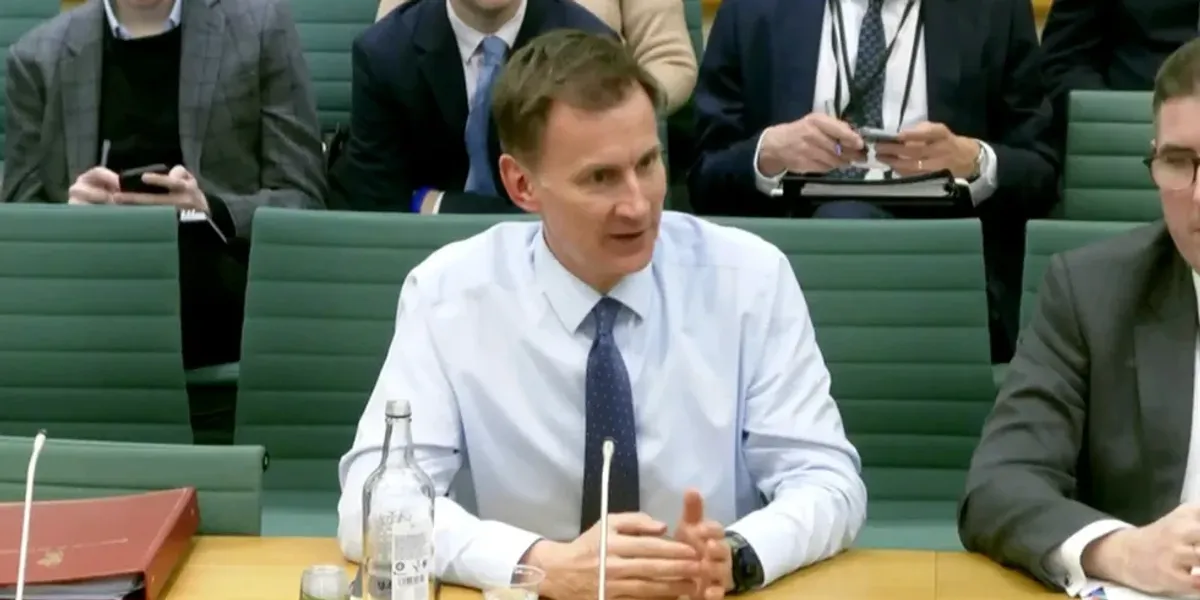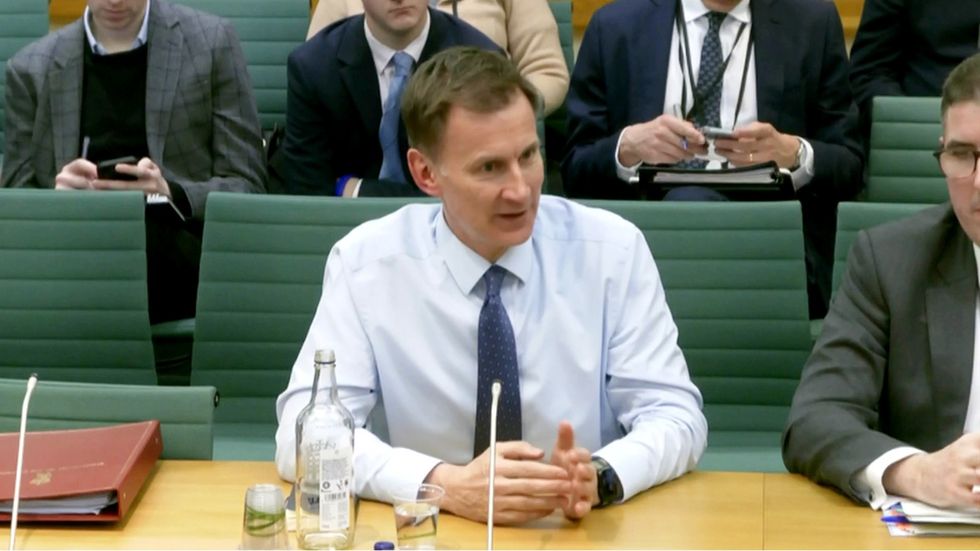
 Press Releases
Press Releases 
The state pension could be at risk as a result of the Conservative Party’s tax plan, analysis from the Labour Party has warned.
This comes after Chancellor Jeremy Hunt suggested the Government will look to abolish National Insurance Contributions.
But it is not yet clear how such a cut will be funded.
Entitlement to the state pension is based on people’s contributions during their working life, via their National Insurance Contributions.

Labour has argued scrapping the levy will create a £46 billion hole in funding, which could put the state pension at risk
PA
But Labour has argued scrapping the levy will create a £46 billion hole in funding, which could put the state pension at risk.
It has also claimed pensioners could face an £800 tax hike as a result.
Analysis from the party claims that replacing National Insurance contributions with a higher basic and higher rate of income tax would mean rates of income tax going up by 6.5 per cent.
That means a retired pensioner with an income of £25,000 from a mix of private and state pension would pay an extra 6.5 per cent on their income above the £12,750 personal allowance, amounting to over £808 more in income tax.
HMRC’s ready reckoner, a tool used to calculate the impact of changes to tax rates, suggests removing National Insurance Contributions for employees and the self-employed would cost around £46 billion.
Jonathan Ashworth MP, Labour’s Shadow Paymaster General, said: “The future of the state pension is on the ballot paper at the next general election.
“The Tories’ £46 billion unfunded tax plan to abolish national insurance can only lead to higher borrowing, higher taxes on pensioners or the end of the state pension as we know it.
“Ministers need to come clean with the British people and start answering these basic questions.”
At last week’s Spring Budget, Hunt suggested National Insurance payments could be scrapped entirely in the future, describing the levy as “particularly unfair”.
Currently, people pay two forms of tax on their income – National Insurance and Income Tax – something the Chancellor said “penalises work instead of encouraging it”.
Delivering the Spring Budget, he said his “long term ambition” is to end the system of double taxation, today announcing a further 2p cut to National Insurance.
He slashed it from 10 per cent to eight per cent. Self-employed national insurance will be cut from 8 per cent to 6 per cent.
The latest changes will save £450 for the average employee, or £350 for the self-employed.
Hunt said the Treasury was able to introduce the changes “because of the progress we have made in bringing down inflation, because of the additional investment that is flowing into the economy, because we have a plan for better and more efficient public services and because we have asked those with the broadest shoulders to pay a bit more.”
Speaking about the current tax system, the Chancellor said: “The way we tax people’s income is particularly unfair.
“If you get your income from having a job, you pay two types of tax – National Insurance contributions and income tax – if you get it from other sources you pay only one.
“This double taxation of work is unfair. The result is a complicated system that penalises work instead of encouraging it.”
The Treasury and the Department for Work and Pensions has been contacted for comment.
24World Media does not take any responsibility of the information you see on this page. The content this page contains is from independent third-party content provider. If you have any concerns regarding the content, please free to write us here: contact@24worldmedia.com